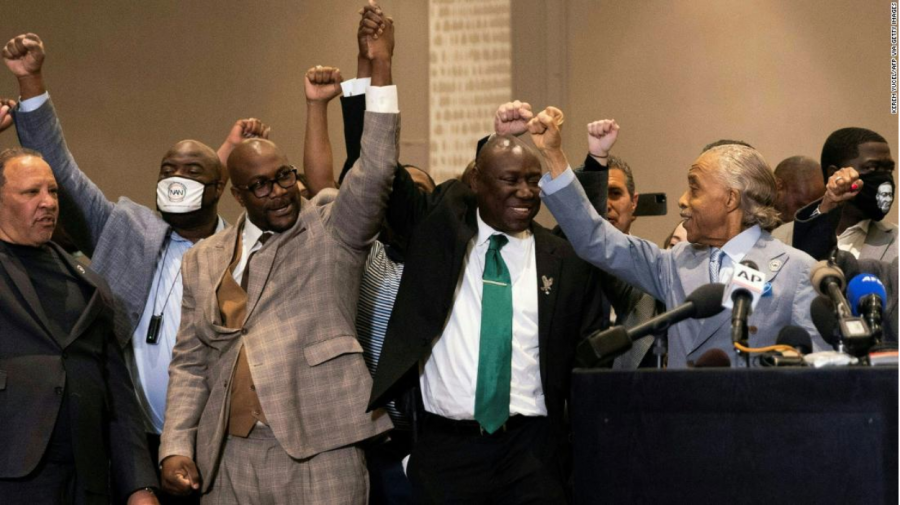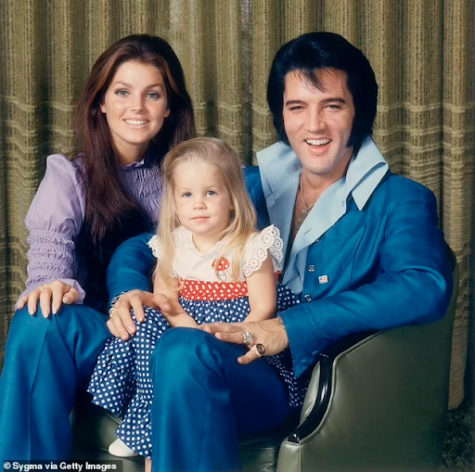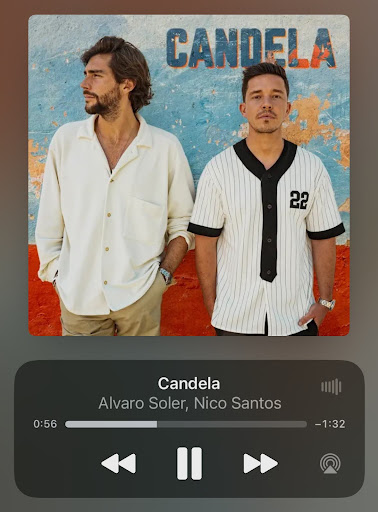Police Brutality in the US: Where Are We Now?
The victorious verdict ruling against Derek Chauvin.
May 17, 2021
On May 25, 2020, George Floyd was killed by Derek Chauvin when he knelt on his neck for over seven minutes. Derek Chauvin was part of the Minneapolis Police Department. And he used that power against Floyd.
Police Brutality is something that the United States has become strangely comfortable with. We make excuses because the men and women at fault for the deaths of civilians, many innocent, hold an honorable position. And these civilians are disproportionately black.
Throughout history, black people have been targeted by violent crimes. There are about 1000 fatal police shootings in the US every year. The arrest rate for these shootings is around 1% and never goes over 2% (Vox). Now, some of these cases are most likely justified. But not all are clean cut cases, hence many’s opinions that a trial is necessary. For instance, the Breonna Taylor case has yet to be brought to a court and no arrests have been made concerning her death. Hankinson was charged with “wanton endangerment” for firing into a neighbor’s apartment, but not for the death of Taylor (BBC).
Making Minneapolis history, CNN states that Derek Chauvin was formally charged with second degree unintentional murder, third degree murder, and second-degree manslaughter. This made Chauvin the first white Minnesota police officer to be charged involving the death of a black civilian (Kare). The events that led to Floyd’s death were caught on camera and seen by thousands of American citizens, but there was still drawn out trial to convict him with the murder that the nation witnessed. While due process is necessary, the idea that he might not be charged was a true possibility, and that is what many Americans were afraid of.
On the day of Chauvin’s conviction, a young teenage African American girl was fatally shot at and killed by police with four shots after she lunged at another woman with a knife (AP News). Despite the chaos, many officials and bystanders believe that had the police been better prepared to de-escalate the situation, violence of any kind could have been avoided. This once again raised questions about the reliability and intentions of US police officers, especially by members of the Black Lives Matter community.
Some believe that the police should be defunded. Some believe that this is only a problem concerning a few “bad eggs,” and that the police overall have maintained their respectability through the years. One Ramapo student stated that they felt the police have lost “a lot of [their] respect, and they should have to take full accountability as a group,” but another contradicted this opinion by saying the police “do a lot for the community and are crucial to our safety,” while still making clear that there is “no excuse for this horrible behavior.”
The fabric of the United States is loosely threaded, and each time there is an act of injustice or misjudgment and no accountability, we set a precedent that this is acceptable under our freedoms and liberty. There is still work to be done. Chauvin’s conviction is a victory, yet also does not constitute justice. Justice would mean taking back the horrible events of May 25, 2020. But that, unfortunately, is impossible.






